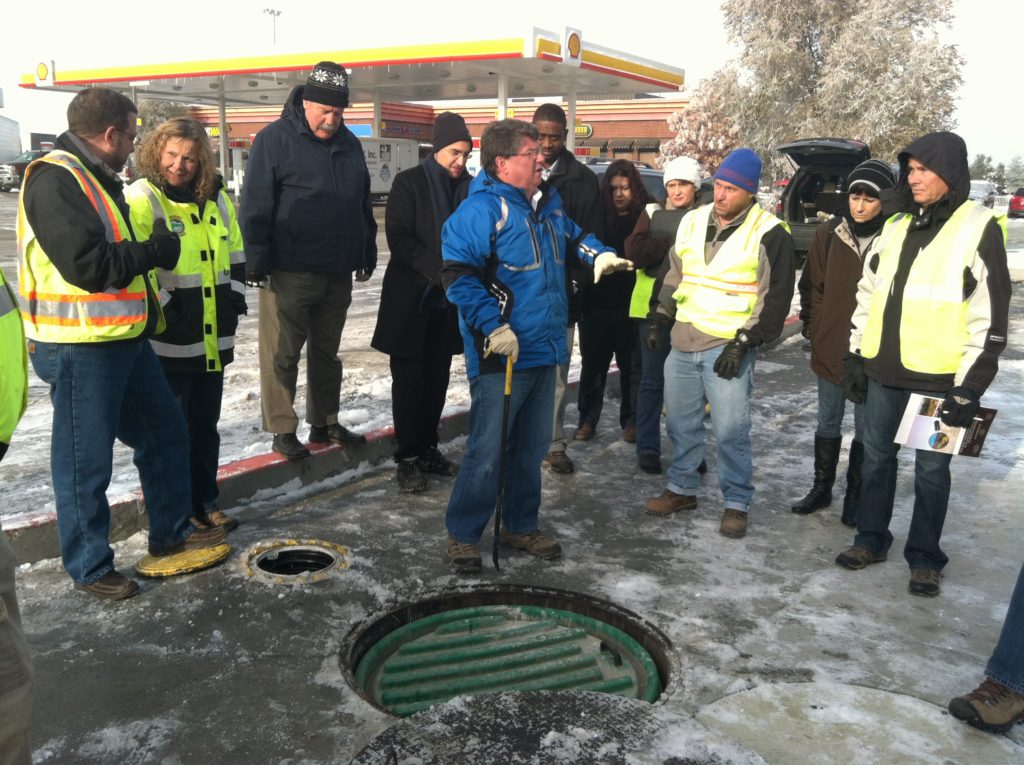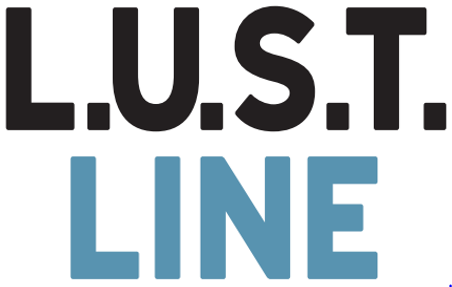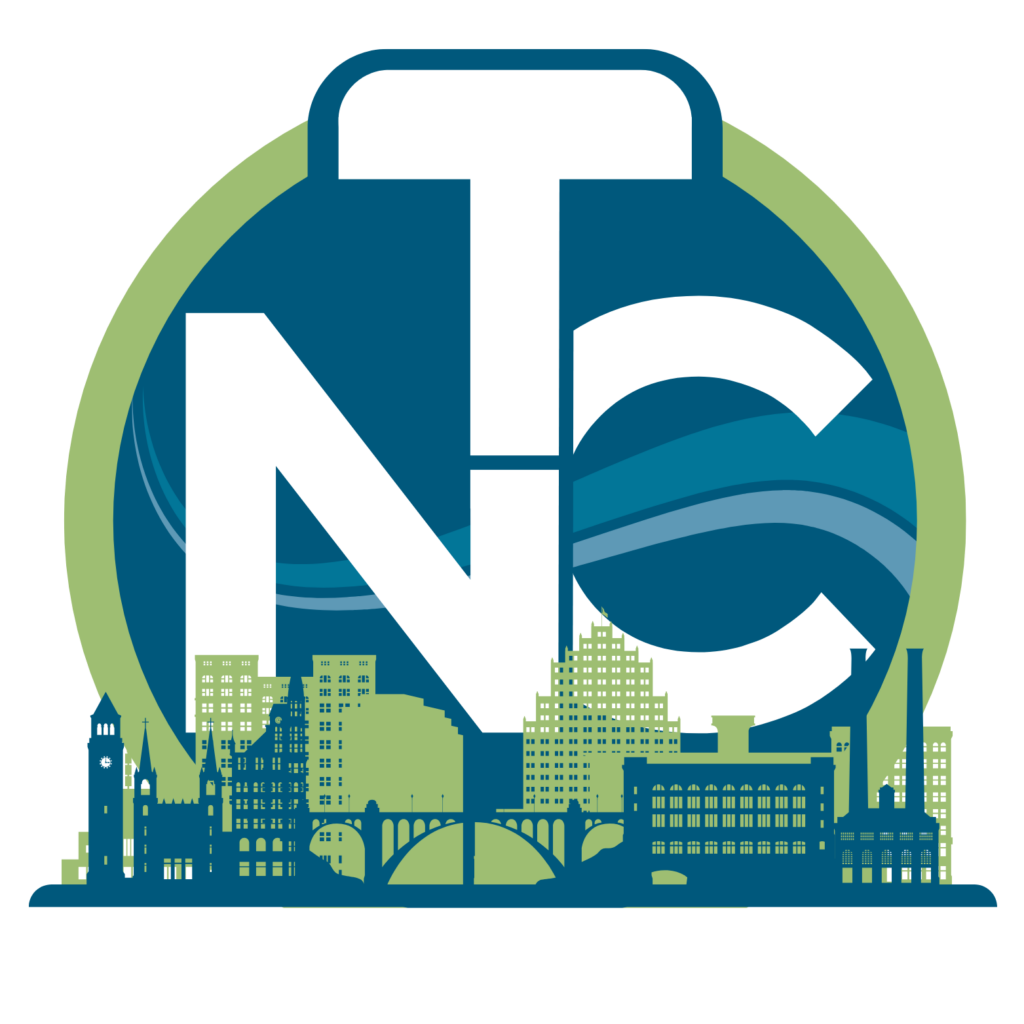While there have been significant advancements in equipment, operation, and maintenance, underground storage tanks (USTs) still continue to pose risks to the environment and public health.
USTs are commonly used for storing fuel at gas stations, marinas, and other fueling facilities. When USTs leak or release fuel into the environment, they’re referred to as leaking underground storage tanks (LUST) sites. LUST sites have a history of contaminating soil, groundwater, and drinking water wells. Cleaning up contaminated sites is often expensive and technically challenging. For more than thirty years, NEIWPCC has taken a lead role in working with state, tribal, territorial, and federal regulators to reduce the number of UST releases and minimize the impacts of LUST sites to the environment and public health.
Training and Information Exchange
NEIWPCC works to develop and implement training and exchange information for those working in the UST field.


NEIWPCC has published L.U.S.T.Line since 1985. L.U.S.T.Line is a national bulletin covering UST regulatory programs along with emerging trends and technologies.
National Tanks Conference & Exposition

NEIWPCC has hosted the National Tanks Conference & Exposition for over a decade. This event brings together hundreds of UST/LUST professionals to learn about emerging issues, policy, and many other topics.
Workgroups
NEIWPCC’s Region 1 UST/LUST workgroup is comprised of staff from our member states, EPA regional offices, and EPA’s Office of Underground Storage Tanks (OUST). We meet throughout the year to discuss challenges and share success stories related to UST inspections; LUST cleanup; state cleanup funds; and working with UST owners, operators, and contractors within the states.
NEIWPCC established the Tribal UST/LUST workgroup to network with professionals working on UST and LUST issues within Indian Country. The group meets on a recurring basis to discuss UST/LUST-related training and information-exchange needs for members of the workgroup and tribal stakeholders more generally.
If you belong to either of the above categories and would like to join these workgroups, email James Plummer.
For more information on the UST/LUST program, please contact James Plummer.
